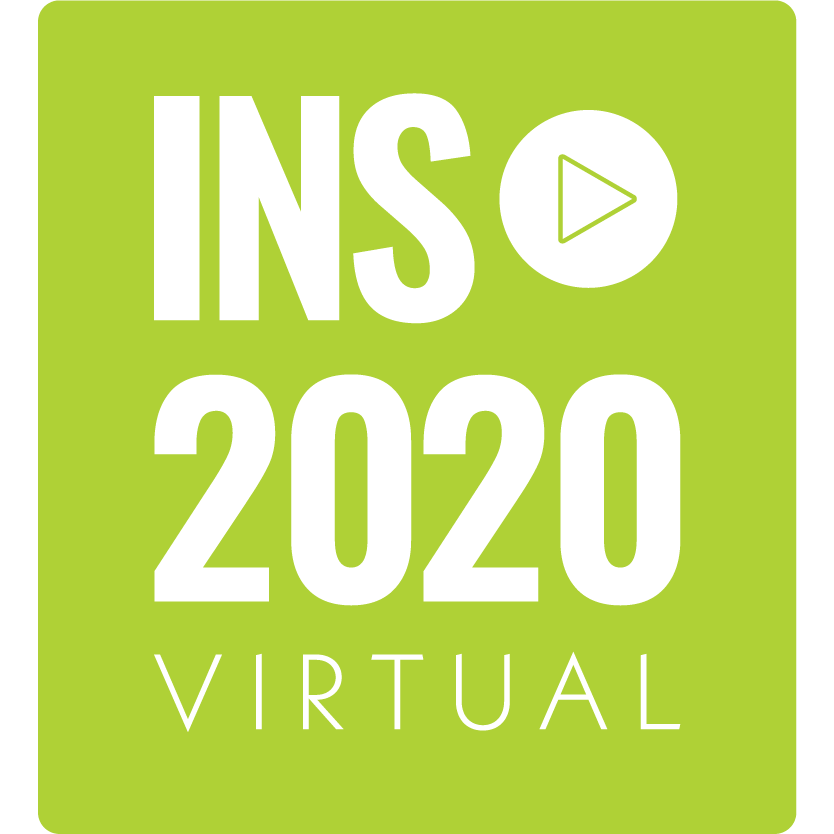
Learning Center
Mast Cells: Correlation to Infusion Therapy
Mast cells are a significant component of the human immune system. Located in connective tissue and other internal organs, these cells are comprised of granule-filled cells containing histamine, serotonin and proteases. Chemical injury to mast cells is caused by exposure to toxins such as bee venom, and drugs like vancomycin, morphine, barbiturates and muscle relaxants. When stimulated by IgE-mediation, physical, or chemical causes, the result can be allergic/anaphylactic reaction or idiopathic anaphylactic/anaphylactoid reaction. Additionally, physical mast cell stimulation has been hypothesized to be related to clinical events during insertion of PICC and midline catheters. Although the stimulating event for histamine release differs, the clinical presentation is virtually the same. Physical injury to mast cells is associated with catheter advancement techniques, heat, ultraviolet light and radiation.
Red man syndrome (RMS) is a common adverse reaction to vancomycin when administered intravenously. This presentation will highlight the causes, management, and prevention of RMS, including mast cells and how they contribute to adverse events during infusion of medications and/or catheter insertion. The session will focus on two different patient cases that resulted in death due to failure to recognize and treat the adverse event.
Learning Outcomes:
At the conclusion of this session, participants will be able to describe how to recognize and manage the adverse events associated with histamine release from mast cell stimulation.

Lynn Hadaway, M.Ed., RN, NPD-BC, CRNI®
Lynn Hadaway has 50 years of experience in infusion nursing. Her clinical experience comes from infusion therapy teams in multiple acute care settings. She is president of Lynn Hadaway Associates, Inc., an education and consulting company started in 1996. She holds two national certifications—infusion nursing from the Infusion Nurses Certification Corporation and nursing professional development from the American Nurses Credentialing Corporations—as well as a master’s in education from the University of Georgia. She has authored more than 75 published articles and 8 textbook chapters on infusion therapy and vascular access and was the clinical editor for Infusion Therapy Made Incredibly Easy. She served on the Infusion Nurses Society Standards of Practice committees to revise the 2006, 2011, 2016, and 2021 Standards of Practice, and served on the committees to revise the 2014 and 2022 Society for Healthcare Epidemiology of America Compendium (SHEA) CLABSI chapter and the 2015 Association for Professionals in Infection Control and Epidemiology (APIC) CLABSI Implementation Guide.
